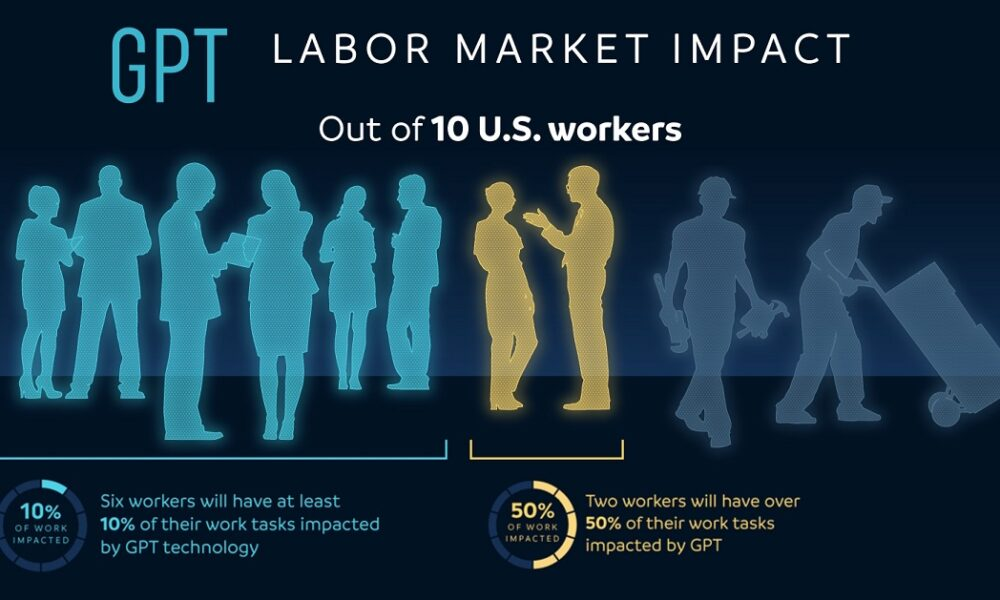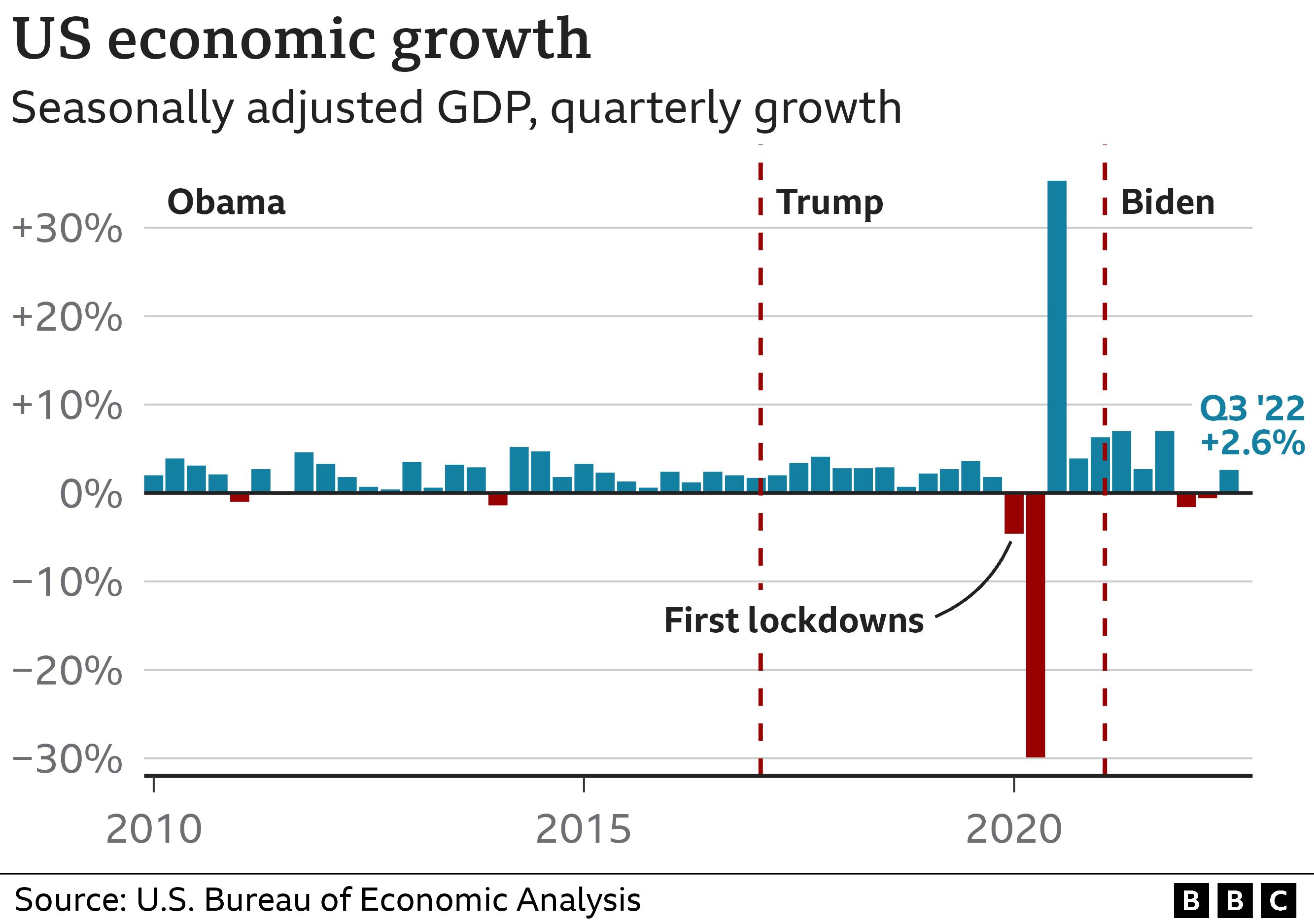Rick Scott tariffs have emerged as a focal point in discussions surrounding U.S. trade policy, particularly in the context of competing with global economic powers like China. As Scott defends the current administration’s approach to tariffs, he argues that such measures are necessary to level the playing field for American workers who have long faced disadvantages in international markets. By imposing tariffs on various nations, Scott believes that the U.S. can encourage others to eliminate their own trade barriers, thus promoting a more equitable global trade environment. However, there are concerns regarding the tariff impact on the economy, with critics claiming that these policies may exacerbate tensions and potentially lead to inflationary pressures. Ultimately, the debate surrounding Rick Scott tariffs encapsulates the complexities of modern trade strategy as it seeks to balance national interests with the realities of global commerce.
The discourse surrounding tariffs introduced by Senator Rick Scott highlights a crucial aspect of American economic strategy in the face of fierce global competition. These levies are seen as a means to bolster the position of U.S. workers and manufacturers, particularly in their dealings with major players like China. Advocates of Scott’s stance contend that a robust tariff framework can mitigate trade deficits and drive growth, while skeptics question the long-term ramifications on the national economy and labor markets. As the conversation evolves, it is essential to examine how these tariff initiatives affect not only bilateral relations but also the broader landscape of international trade tariffs and diplomatic negotiations.
Understanding Rick Scott’s Tariff Strategy
Senator Rick Scott’s support for tariffs is rooted in a desire to bolster the American workforce and encourage international partners to lower their own trade barriers. Scott argues that tariffs are a necessary tool in U.S. trade policy that will ultimately level the playing field for American workers. His assertion is that the Trump administration’s approach to tariffs is intended to incentivize other countries to negotiate and create fairer trade conditions for U.S. products. In his view, these measures are essential for revitalizing domestic manufacturing and ensuring that American goods can compete more effectively on the global stage.
Scott’s perspective centers on the belief that tariffs will protect American jobs and prevent foreign nations, particularly China, from exploiting favorable trade agreements. He posits that if the U.S. eliminates trade barriers, it can pressure other nations to follow suit, thereby fostering a more equitable trading environment. This strategy reflects a broader economic stance that prioritizes American workers and domestic industry, as Scott believes that without these protective measures, the U.S. economy risks being undermined.
The Economic Impact of Tariffs on American Workers
The imposition of tariffs, as championed by Senator Scott, is designed to protect American industries from foreign competition, particularly from countries with lower production costs and less stringent labor regulations. This facet of U.S. trade policy aims to safeguard American workers by making imported goods more expensive, thereby encouraging consumers to purchase domestically produced products. Scott argues that this shift can lead to job creation and wage growth within the American manufacturing sector, supporting his view that tariffs are a mechanism for economic revitalization.
However, the application of tariffs also raises concerns among economists, who caution about potential adverse effects on the overall economy. Critics argue that while tariffs may benefit certain sectors, they can simultaneously lead to increased prices for consumers and may provoke retaliatory measures from foreign governments, as evidenced by China’s significant tariffs on U.S. imports. This complex interplay between protectionism and global trade dynamics complicates the narrative surrounding tariffs and their ultimate impact on American workers.
China: The Primary Focus of U.S. Tariff Policy
Senator Rick Scott has consistently positioned China as a pivotal focus of U.S. tariff policy, framing the Asian nation as a primary economic competitor. His skepticism towards engaging in trade with China stems from broader concerns about both economic and political influence. Scott suggests that reducing trade ties with China is crucial to counteracting its growing power, which he believes poses a significant threat to the U.S. This view aligns with a cautious approach to globalization, advocating for a strategy that diminishes dependency on foreign products, particularly those from China.
Moreover, Scott’s assertion that economic hardship for China may be essential to U.S. national security highlights the drastic measures he believes are necessary to maintain an edge in global trade. He argues that tariffs will not only shield American industries but also pressure China into an unfavorable economic position. This perspective advocates for aggressive tariff strategies as a means to navigate what he views as an inevitable conflict with China.
Evaluating the Effectiveness of Tariffs
A significant debate surrounds the effectiveness of tariffs as a tool of economic policy. Proponents, like Senator Scott, argue that tariffs are necessary to level the economic playing field, while critics, including economists like Jason Furman, contend that such measures might lead to higher consumer prices and economic stagnation. The complexities of global trade complicate the issue further, as retaliatory actions by other countries can lead to a cycle of escalating tariffs that hurt the U.S. economy in the long term.
The uncertainty surrounding tariffs includes concerns over their potential impact on inflation rates. Scott’s admission that he is unsure of how tariffs will affect inflation underscores the unpredictability of imposing such trade barriers. While tariffs may provide short-term relief for certain industries, they can also create broader economic repercussions that challenge the notion of their long-term effectiveness. This highlights the need for comprehensive assessments of U.S. trade policy to ensure that decisions made today do not yield negative consequences for American workers in the future.
Global Trade Tariffs and Their Implications
The recent surge in global trade tariffs reflects a shifting landscape in economic policies. As nations engage in competitive tariff strategies, the implications for international trade relations become increasingly complex. Senators like Rick Scott defend these tariff measures as necessary adjustments to protect national interests, particularly focusing on maintaining competitive advantages for American businesses.
However, these tariff increases can lead to significant tensions on the global stage, particularly with major trading partners. The retaliatory tariffs imposed by countries like China create a situation where diplomatic relations may become strained, impacting not only economic interactions but also geopolitical stability. Understanding the broader implications of these trade tariffs is crucial for stakeholders aiming to navigate this challenging economic environment.
The Future of U.S. Trade Policy
Looking ahead, the future of U.S. trade policy remains uncertain amidst the ongoing debates surrounding tariffs and their effects. With Senator Rick Scott advocating for continued implementation of tariffs, the focus will likely be on how these policies evolve in response to both domestic pressures and international relations. As policymakers explore options for balancing protectionist measures with the benefits of free trade, the outcomes will significantly shape the economic landscape for American workers.
Moreover, as global economic dynamics shift, the United States may find itself reevaluating its approach to trade agreements. The focus on tariffs could transition into a broader dialogue about reforming trade relations to create more favorable conditions for U.S. industries. The challenge will be to harmonize protective measures with the need for global cooperation, fostering environments where both domestic and international economies thrive.
Navigating the Challenges of Inflation and Trade
Senator Scott’s concerns regarding inflation in the context of ongoing tariff implementations reflect broader anxieties regarding economic stability. While he acknowledges the complexities of how tariffs might influence inflation rates, the relationship between these tariffs and inflation remains a critical area of analysis for economists and policymakers. The need to balance tariffs with fiscal responsibility is paramount as the nation seeks to navigate inflationary pressures while ensuring economic resilience.
As the U.S. government grapples with potential inflation resulting from tariff policies, understanding the broader economic indicators will be vital. Scott’s focus on achieving a balanced budget underscores the necessity of fiscal discipline in tandem with tariff strategies. The intersection of these economic factors creates a multifaceted challenge that will require careful consideration to safeguard American workers’ interests and maintain economic growth.
Conclusion: The Tariff Debate and American Leadership
The ongoing debate about tariffs led by figures like Senator Rick Scott highlights a pivotal moment in U.S. trade policy. Proponents of tariffs argue that they represent a crucial mechanism for protecting American workers and industries, while opponents caution against their potential adverse effects on the broader economy. Central to this discourse is the question of how America can lead on the global stage while ensuring that its economic policies serve the best interests of its citizens.
As the landscape of global trade continues to evolve, policymakers will have to navigate complex challenges that include not only tariffs but also innovations in trade practices and international relations. The dialogue surrounding U.S. trade policy is likely to remain at the forefront of political and economic discussions, reflecting the necessity for a strategic approach that embraces both protectionism and cooperation in an increasingly interconnected world.
Frequently Asked Questions
What are Rick Scott tariffs and how do they affect U.S. trade policy?
Rick Scott tariffs refer to the unilateral tariffs imposed by the U.S. government on multiple countries, aimed at reforming U.S. trade policy to protect American workers. Senator Rick Scott believes that these tariffs will help level the playing field for U.S. manufacturers and encourage other nations to lower their own tariffs on American products, thereby increasing sales for American workers.
How do Rick Scott tariffs impact American workers?
Senator Rick Scott argues that the tariffs imposed as part of U.S. trade policy will benefit American workers by reducing competition from foreign markets. By advocating for lower barriers from other countries, Scott believes that these tariffs will allow American workers to sell more products domestically and internationally, ultimately enhancing job stability and growth in the manufacturing sector.
What is Rick Scott’s stance on China’s economic strategy concerning tariffs?
Rick Scott views China’s economic strategy as a significant threat to the U.S. His stance is that the U.S. should not engage in trade with China, as he believes that the only way to avoid potential conflict is by reducing China’s economic power through extensive tariffs. He supports the high tariffs on Chinese goods, arguing that they are necessary to protect U.S. interests.
What are the potential economic repercussions of Rick Scott tariffs on the U.S. economy?
While Senator Rick Scott argues that tariffs will protect American workers and improve their economic situation, many economists suggest that Rick Scott tariffs may lead to negative economic consequences, including inflation and reduced economic growth. Tariffs can create volatility in global markets, and critics believe they may ultimately harm U.S. consumers due to higher prices for imported goods.
How do the tariffs proposed by Rick Scott compare to global trade tariffs?
Rick Scott’s tariffs are part of a broader U.S. initiative to reform trade policy, which has implications for global trade tariffs. The U.S. has imposed significant tariff rates on many countries, with China facing particularly high tariffs of up to 145%. This approach is seen as a way to encourage global partners to reduce their tariffs on American exports, although it has raised concerns about escalating trade tensions.
Can Rick Scott tariffs improve the balance of trade in the U.S.?
Senator Rick Scott believes that by imposing tariffs, the U.S. can reduce its trade deficit and enhance the viability of domestic manufacturing. He claims that with fewer barriers created by other nations, the U.S. could boost exports and create a more favorable balance of trade. However, critics argue that the associated costs of tariffs may offset any potential gains.
What is the expected outcome regarding inflation due to Rick Scott tariffs?
While Senator Rick Scott acknowledges uncertainty about the impact of tariffs on inflation, he emphasizes the importance of achieving a balanced budget as a means to control inflation. The relationship between tariffs and inflation remains a contentious topic, with opponents arguing that tariffs can increase consumer prices and contribute to broader inflationary pressures in the economy.
What does Rick Scott believe is necessary to manage U.S. national debt along with tariffs?
Senator Rick Scott advocates for a balanced budget and reduced federal spending as essential strategies to address the growing national debt, which he believes will help stabilize the economy despite the implementation of tariffs. He emphasizes that fiscal responsibility is crucial for the long-term economic health of the nation, particularly amidst the economic uncertainties created by tariffs.
| Key Point | Details |
|---|---|
| Rick Scott’s Support for Tariffs | Scott argues that tariffs will level the playing field for American workers and help increase U.S. exports. |
| Tariff Strategy Purpose | The tariff strategy aims to encourage other nations to eliminate their tariffs on American products. |
| Trade Relations with China | Scott views China as a major competitor, advocating against trade engagement to avoid conflict. |
| Impact on the Economy | Scott believes tariffs will ultimately benefit American workers, despite concerns from economists about their negative impact on the economy. |
| Tariff Rates | The U.S. government has imposed a 10% tariff on most nations; China faces a 145% tariff, leading to retaliatory tariffs from China. |
| Concerns About Inflation | Scott is uncertain about the impact of tariffs on inflation but mentions that achieving a balanced budget is crucial. |
Summary
Rick Scott tariffs are positioned as a strategy to support American workers by pressuring other nations to lower their own tariffs. Scott’s arguments emphasize that these tariffs, particularly towards China, aim to protect U.S. interests and bolster exports. However, the economic implications of these tariffs remain contested among experts, sparking concerns regarding potential adverse effects on the overall economy.



